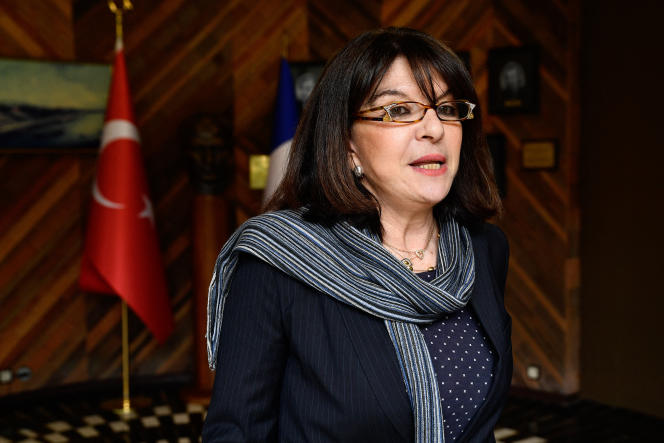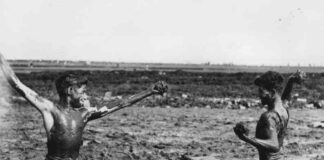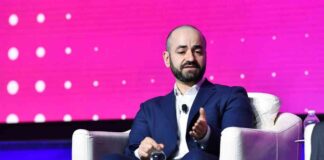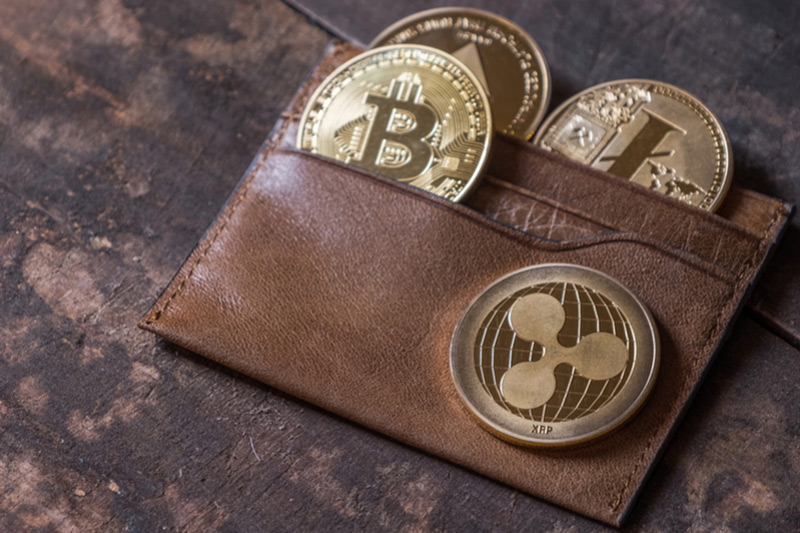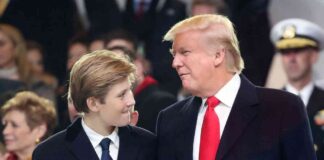UDI Senator from Orne, Nathalie Goulet has just published an ABC of Terrorist Financing (Le Cherche Midi, 434 pages, 19.50 euros), a very comprehensive book with many examples on a fairly technical and poorly known subject.
There is real porosity between the circuits of major financial crime and those of terrorist financing. Fighting one is also fighting the other. We cannot give up, even if it is difficult, even if terrorism uses everyday objects.
First, I would like to point out that state funding of terrorism has greatly decreased and today only concerns two or three countries, such as North Korea. Saudi Arabia, for example, has completely ended its past practices. This is the effect of the policies put in place after 9/11, but also due to the fact that the kingdom has been targeted by terrorists.
Low-cost terrorism goes a lot through online pots, as we saw in the Saint-Etienne-du-Rouvray attack [July 26, 2016, Father Jacques Hamel was assassinated in his church by two young jihadist terrorists ]; anti-fraud systems have been extended to them. For 1,000 people who fundraise online to give a gift or celebrate a birthday, there will be one or two who will use this circuit for the purpose of delinquent activities. Moreover, Imam Iquioussen [whose Minister of the Interior is asking for the expulsion] collected in this way for Mauritanian networks. These local microfinances are now subject to declaration thanks to a text that we voted a little forceps. Tracfin, which is what we do best in France in financial intelligence, can now investigate these pots.
Cryptocurrency is a means of pure opacity both of the bearer of a currency and of its expenditure. We will have to work on it to reduce the dangers of this parallel economy. This is all the more dangerous since several half-failing states have adopted cryptocurrencies. This is the case of Ukraine. When we know the situation of this country, its propensity for arms trafficking and corruption, we can legitimately worry. This could fuel organized crime with weapons, as well as jihadist networks or even white supremacist circles, which should not be forgotten. We saw this type of situation in the Balkans during the 1990s.
In the report I did for the NATO Parliamentary Assembly when I was there in 2015, I included a paragraph on trafficking in works of art, which was already well known in Syria and Iraq. Terrorist groups occupying dig sites charge fees to allow digging. They also finance themselves by selling works stolen from the site or looted from museums. The smuggling of works of art may have been underestimated, but it is not unrecognized.
Yes, and in unprecedented proportions. Something should be organized at the level of neighboring countries: Uzbekistan, Iran, Kyrgyzstan, Tajikistan and Pakistan. The regionalization of protection of this area would be a way of trying to control all this a little.
More generally, all traffic carries threats. What is developing in the Sahel, with kidnappings, cattle thefts, gold trafficking, is giving rise to a criminal economy that has only a rather distant relationship with Islam. It is rather a delinquency that takes on politico-religious tinsel. The huge counterfeit market in Europe can also contribute to financing terrorism. We are talking about extremely large sums. The sellers, who come from sub-Saharan Africa in very difficult conditions, irrigate networks that finance terrorism. I’m not even talking about human or organ trafficking.
The porosity exists when one seeks to obtain weapons illegally, it is the case in the Egyptian Sinai between the [organization] Islamic State and the cartel of Medellin, but I have never seen drug trafficking in the service of jihadism. It is very easy, in a period when society is raw, to exacerbate divisions and stir up fantasies. I’m not in there. I think a handful of individuals are taking hostage the 5 million French Muslims who have their place in the Republic. This is what must be fought.
Yes, this phenomenon is gaining momentum. It is often a mixture of halal butchers, religious associations, bookstores or travel agencies, not to mention private places of education. The situation has deteriorated extremely since 2014 because stigmatization, these incessant debates on the veil or identity, have pushed part of the Muslim community to create their own networks. This does not create terrorism, but it feeds separatism. However, everything is flammable today. Take the Euro Fatwa mobile app [accused of spreading anti-Semitic content]! You have people who ask, “Can I be a soldier because the army kills Muslims?” Can I work in a McDo because the meat is not halal? There is both a real phenomenon that is growing and fantasies that amplify it.
The Muslim organizations supposed to organize the community lack means, organization and visibility. The fact that the halal sector is completely opaque, with three mosques collecting slaughter certificates and the money that goes with it, maintains suspicion. Muslims need to take up these issues. For example, zakat [religious alms]. Why did countries like the United Arab Emirates, Saudi Arabia or Kazakhstan ban its payment in cash? A small mosque like that of Asnières [Hauts-de-Seine], which represents 1,500 people, collects 1 million euros in cash during Ramadan… It is considerable.
This illustrates the extreme softness with which tax havens, free ports and a high form of crime are treated. I cannot imagine that Lafarge’s actions in Syria were not known to the authorities. I hope this is negligent.
